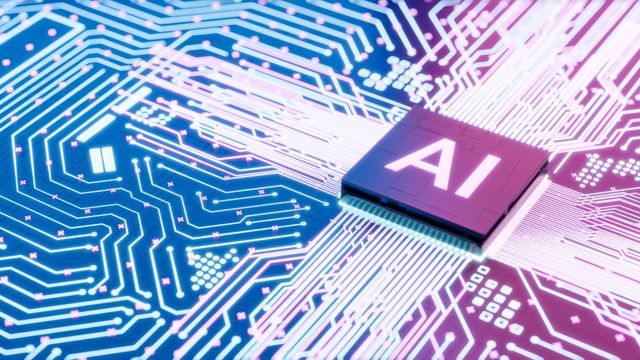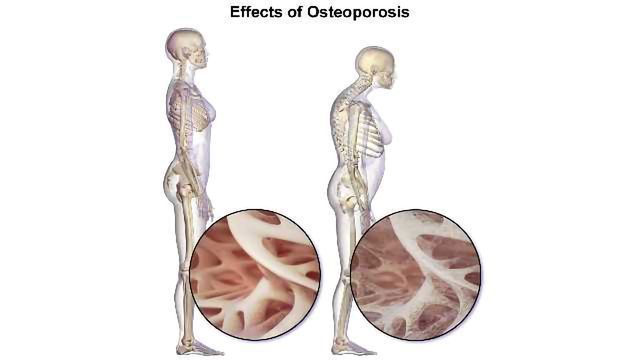News

News
“Cooperative” Behavior in Electrolytes Can Significantly Boost Battery Performance
"Cooperative” behavior between complex mixtures in battery electrolytes could provide a new blueprint for future battery design, enabling the wider development of multivalent batteries.
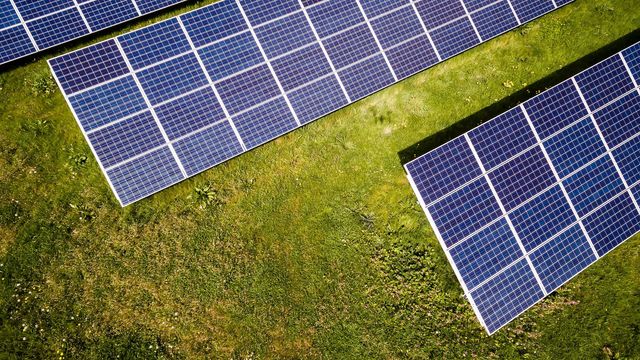
News
Machine Learning Fast-Forwards Solar Cell Design
Researchers in Australia have harnessed AI to produce solar cells from the mineral perovskite in just a matter of weeks, bypassing years of human labor and human error to optimize the cells.

News
Some AI Faces Look More Real Than Actual Human Faces
AI hyper-realism has led white AI-generated faces to look more real than actual human faces, fooling participants in a new study.

News
Study of Over 37,000 People Reveals 14-Hour Fasting Improves Hunger, Mood and Sleep
Eating in a ten-hour window is associated with higher energy and mood and lower hunger levels, new results from the largest UK community science study of its kind shows.
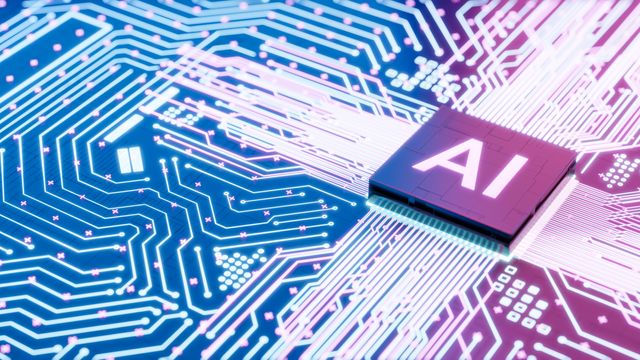
News
Artificial Intelligence Predicts Treatment Outcome in Ovarian Cancer Patients
A model based on artificial intelligence is able to predict the therapy outcome in 80% of ovarian cancer patients. The tool, named IRON (Integrated Radiogenomics for Ovarian Neoadjuvant therapy), analyzes various patient clinical features.
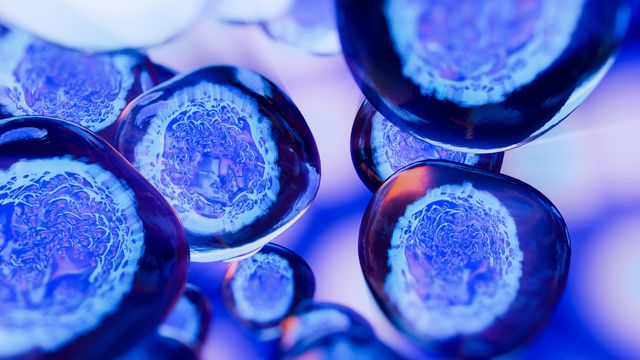
News
Liver Cells Age Differently Depending on Where They Are in the Organ
Looking around us, we can see that people age at different rates. But what about inside? Do all cells age in the same way? Researchers have now shown in the liver of mice that liver cells age differently depending on where they are located.
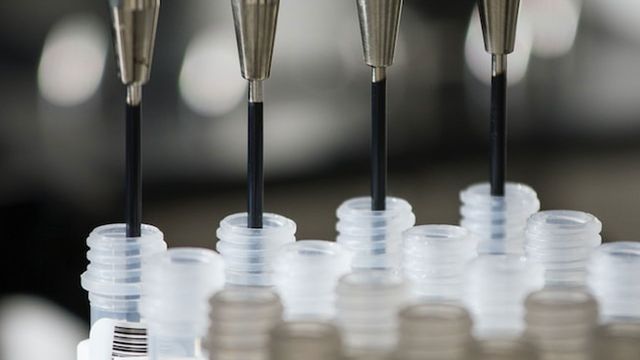
News
Researchers Develop Autonomous Electrochemistry Robot
Researchers have developed an automated laboratory robot to run complex electrochemical experiments and analyze data, reducing the effort and time needed for electrochemical studies.

News
Collective Intelligence Can Help Reduce Medical Misdiagnoses
Knowledge engineering methods could reduce the number of misdiagnoses by combining the diagnoses of multiple clinicians, reports new research.
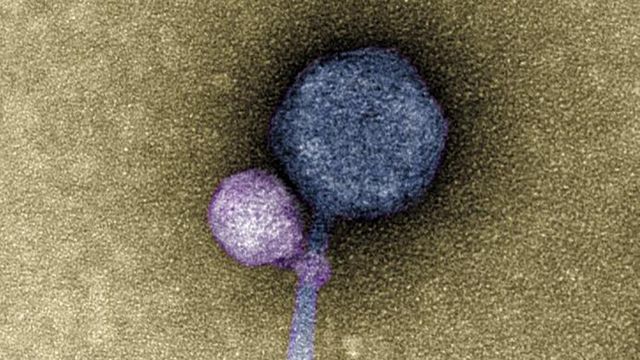
News
Viruses Can Latch Onto One Another
"MiniFlayer" is the first known instance of a satellite virus that does not possess a gene enabling it to access its host's DNA. To do this, it requires help from "MindFlayer", which it attaches to.

News
"Nonsense" Prompts Trick AIs Into Producing NSFW Images
A new test of popular AI image generators shows that while they're supposed to make only G-rated pictures, they can be hacked to create content that's not suitable for work.
Advertisement
